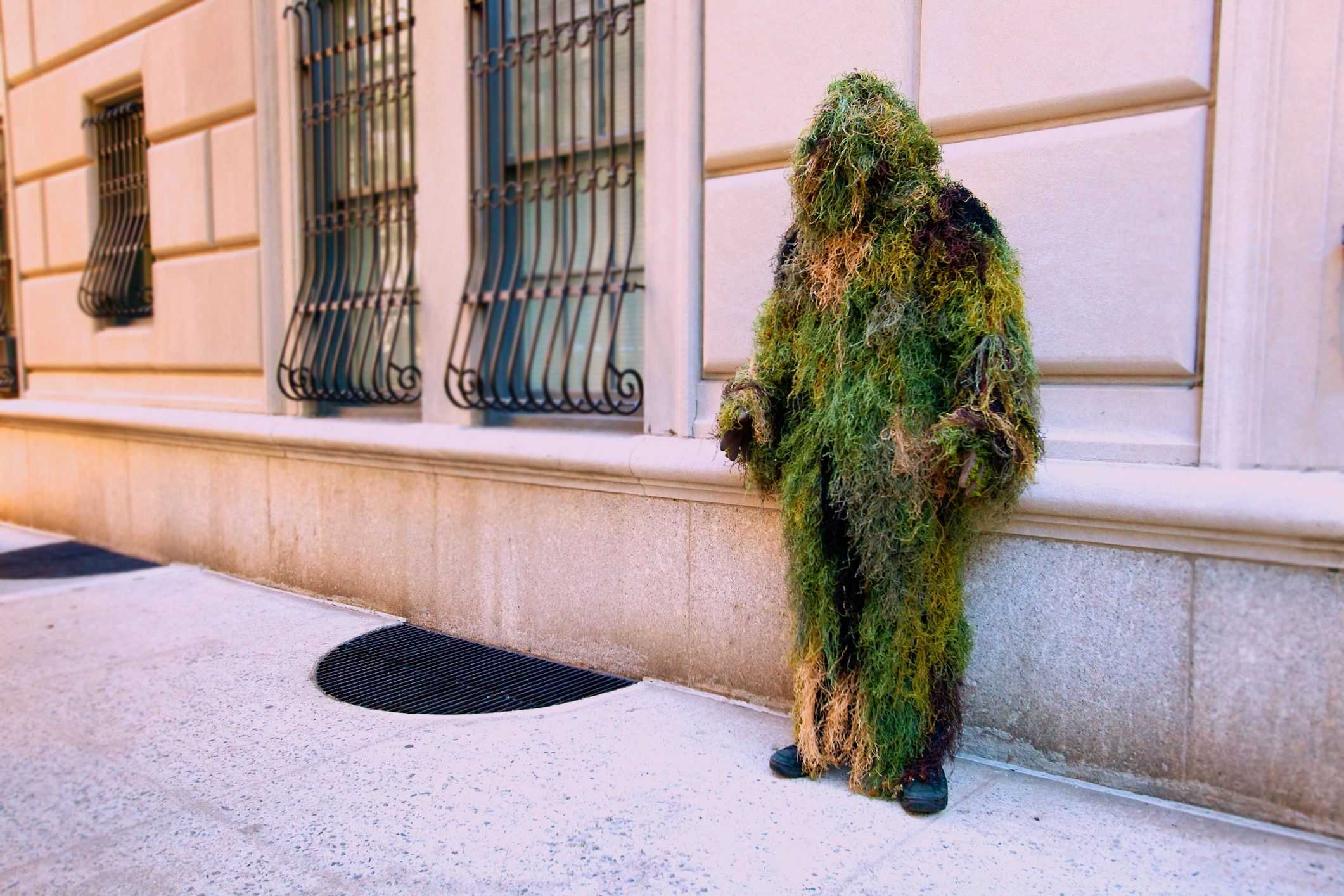“We consider art as a form of demilitarization, as a language that can help mediate different points of view, misunderstandings or fragilities, and help coexist and cooperate.”Leutrim Fishekqiu - Team Autostrada Hangar
Autostrada Biennale: our Hub in Prizren
Autostrada Biennale was established as a non-governmental organization in Prizren, Kosovo. It plays a key role in understanding today’s society through contemporary art, strengthening the local community and stimulating creative ideas for a more inclusive and more sustainable future.
January 30, 2025
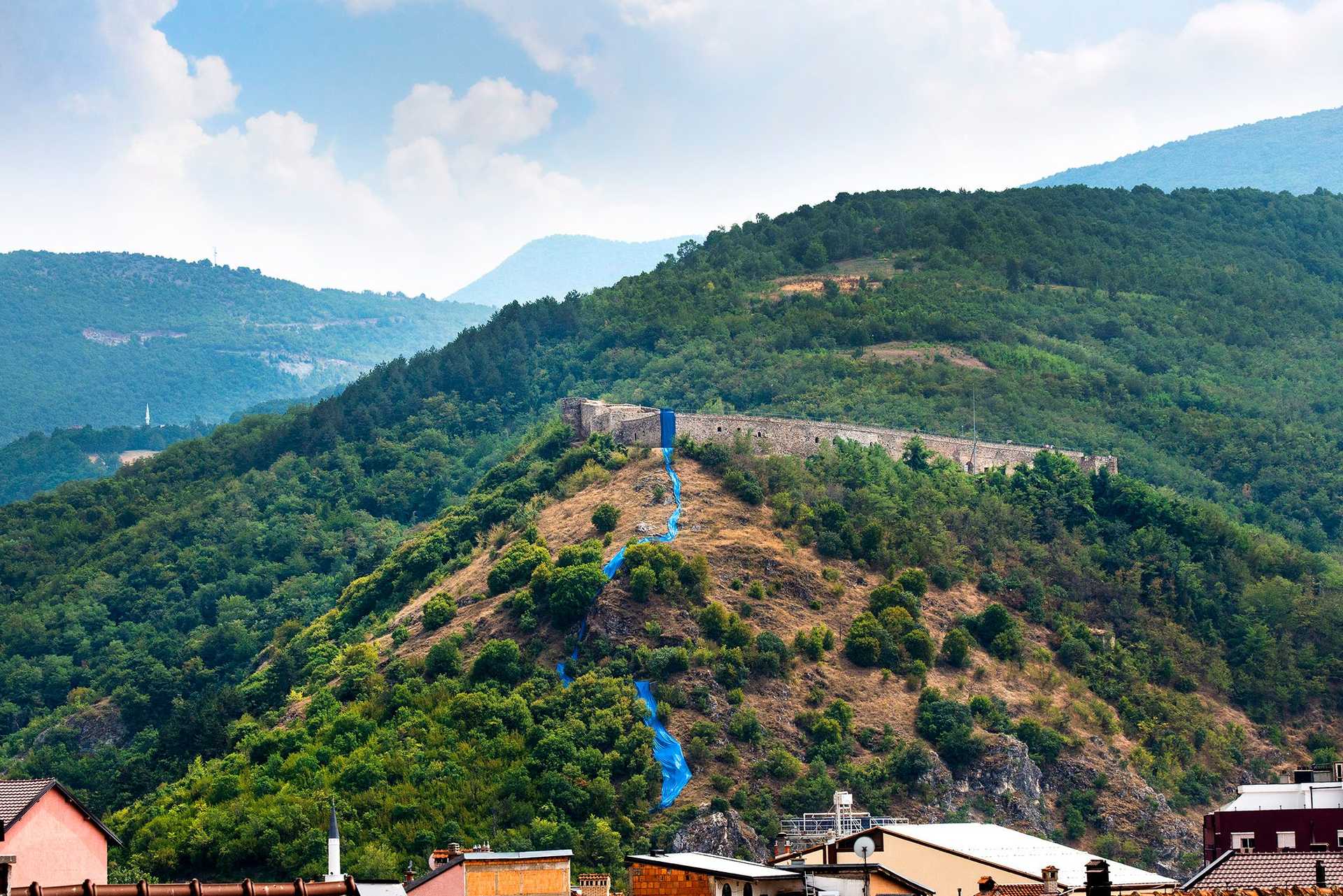
Streams of blue fabric by Hera Büyüktaşciya © Tuğhan Anıt / Autostrada Biennale, 2021
Allianz Foundation Hubs are regional platforms from civil society, climate action and arts & culture. They form a European network working on solutions for the pressing societal questions of our times. To meet these challenges, new ways of exchange and cooperation are needed. And a shared vision.
What is your mission?
"Our main goal is to make art accessible for everyone, for regular people in their everyday habits, their routines of living and working. To us, this means opening our program to different communities who haven’t felt part of the discussion around art before. We set out to create environments of imagination and evocation for them. Therefore, we champion art in public spaces, art that engages people outside of specialized institutions such as museums or galleries. By exhibiting in “ordinary” public spaces that belong to all of us we bring art to the people and not people to the art.
We aim to develop new models of cultural production that encourage young generations to become part of the process of making and installing artworks as well as of critical thinking through art. As Autostrada, we have created new exhibition spaces, non-formal education sessions, discussions, and reflections – thereby stimulating a feel for the importance of freedom of expression, cultural exchange, critical thinking, and maintaining intercultural and interethnic tolerance – with the aim of promoting democratic thinking. We consider art as a form of demilitarization, as a language that can help mediate different points of view, misunderstandings or fragilities, and help people to coexist and cooperate.
Autostrada Biennale started in Prizren, Kosovo in 2014, with its first biennial edition opening in 2017. It took place in a region with a long and tragic history of conflicts, political tensions, and cultural misunderstandings. Kosovo is a post-war political entity that is only partially recognized by the international community, a part of Europe where different ethnicities and religions breathe side by side. To us, it is a place where the language of contemporary art is needed as a form of resilience and recovery. Moreover, we realized that there was a need for more cultural exchange both within the Western Balkans and with the international community."
What do you do?
"As the only contemporary art institution in Prizren, Autostrada Biennale functions at two speeds: a physical exhibition happening in public spaces every two years and a new education, production, and exhibition space, “Autostrada Hangar,” in a former military base. With the latter, we extended our mission to a more sustainable form of commitment and to the needs of our communities. We created a year-round platform of artistic production, of empowerment, and of learning and exchange.
With the Biennale and a yearly program for Autostrada Hangar we want to encourage various critical debates around artistic, social, environmental, and political matters.
We could name many examples of our work, such as the sunflower fields Agnes Denes – a heroine of the land art movement – planted in the heart of Kosovo's capital Pristina and next to our hangar in Prizren, or the gigantic streams of blue fabric , imaginary rivers Hera Büyüktaşciyan let flow all over Prizren, or the phantom replica of a former Yugoslavian monument that Alban Muja installed in a public space to question the history of his hometown Mitrovica."
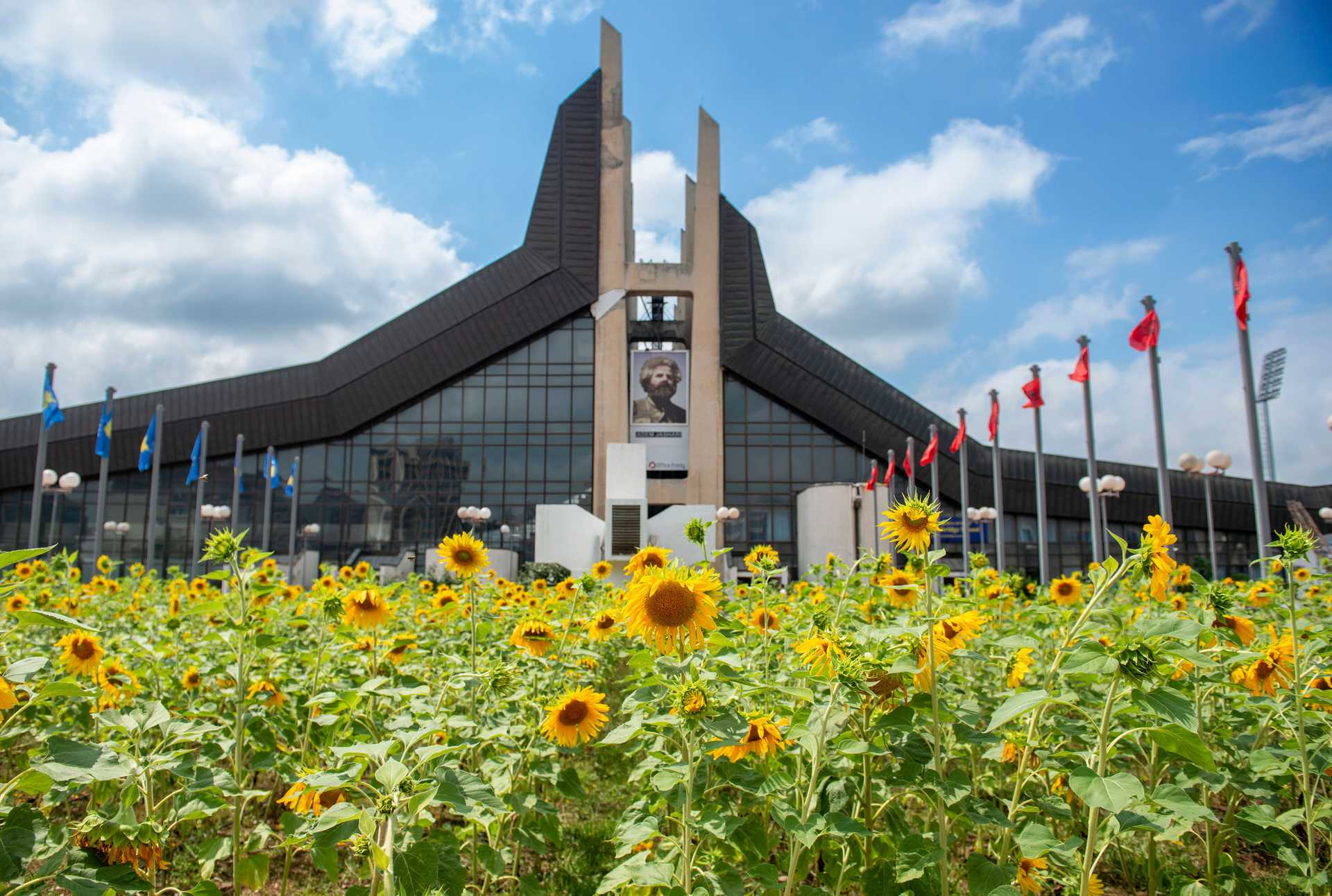
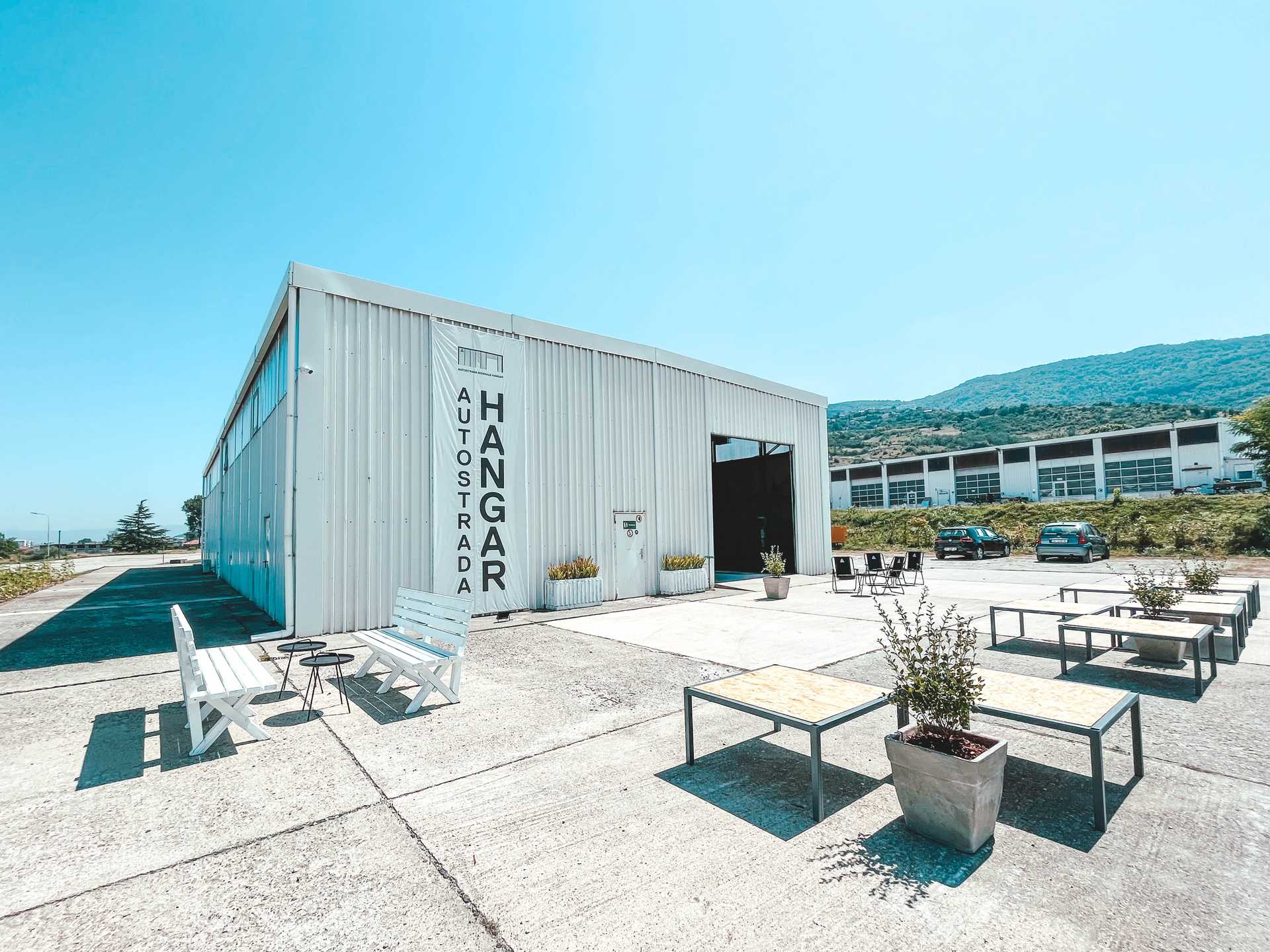
Who are your people and who do you work with?
"Autostrada was founded by a team of young people including artists, pedagogues, and sociologists who also created an International Advisory Board with the aim of connecting with a wider regional and international network.
From the beginning Autostrada Biennale has made the densely multicultural city of Prizren and its citizens an integral part of its organization, involving everyone regardless of their nationality, gender, religious or cultural affiliation.
For every edition of the Biennale we collaborate with different curators from different countries. Through them we are connected to different realities in the world of arts and culture and keep on expanding our network."
What expectations do you have of your collaboration with the Allianz Foundation Hubs network?
"We are interested in developing a multi-year action plan for change in our region by integrating our activities into the European Hubs network as a long-term partner.
Our aim is to grow a sustainable cultural network with values of open and diverse societies where there are no borders and inequalities, to collaborate, exchange, and produce knowledge and art together.
By joining forces with Allianz Foundation and the partner Hubs we want to create programs that will have a greater and long-term impact on achieving our common objective, that is to build international partnerships around our artistic, ecological, social, and societal approach and preoccupations."
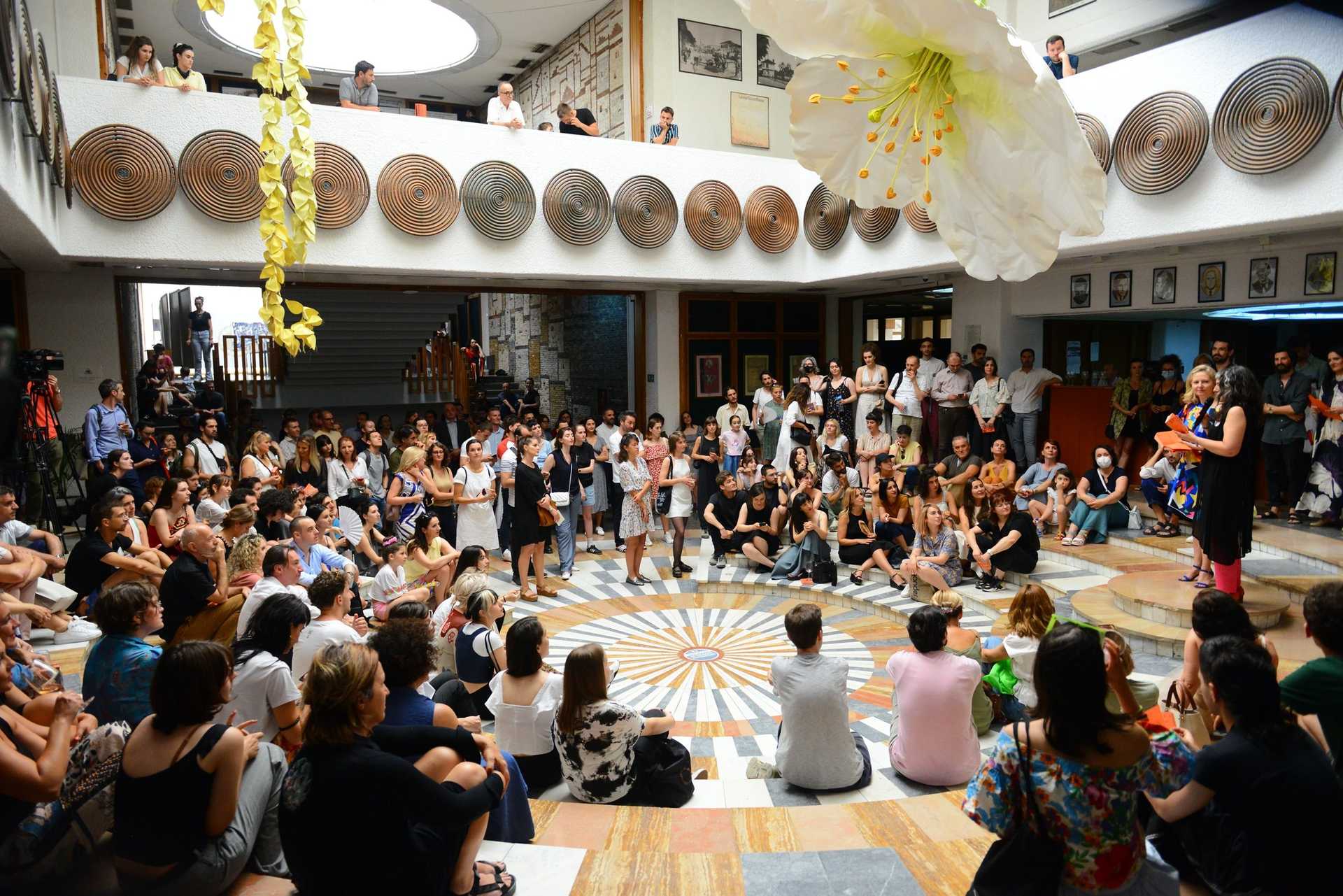
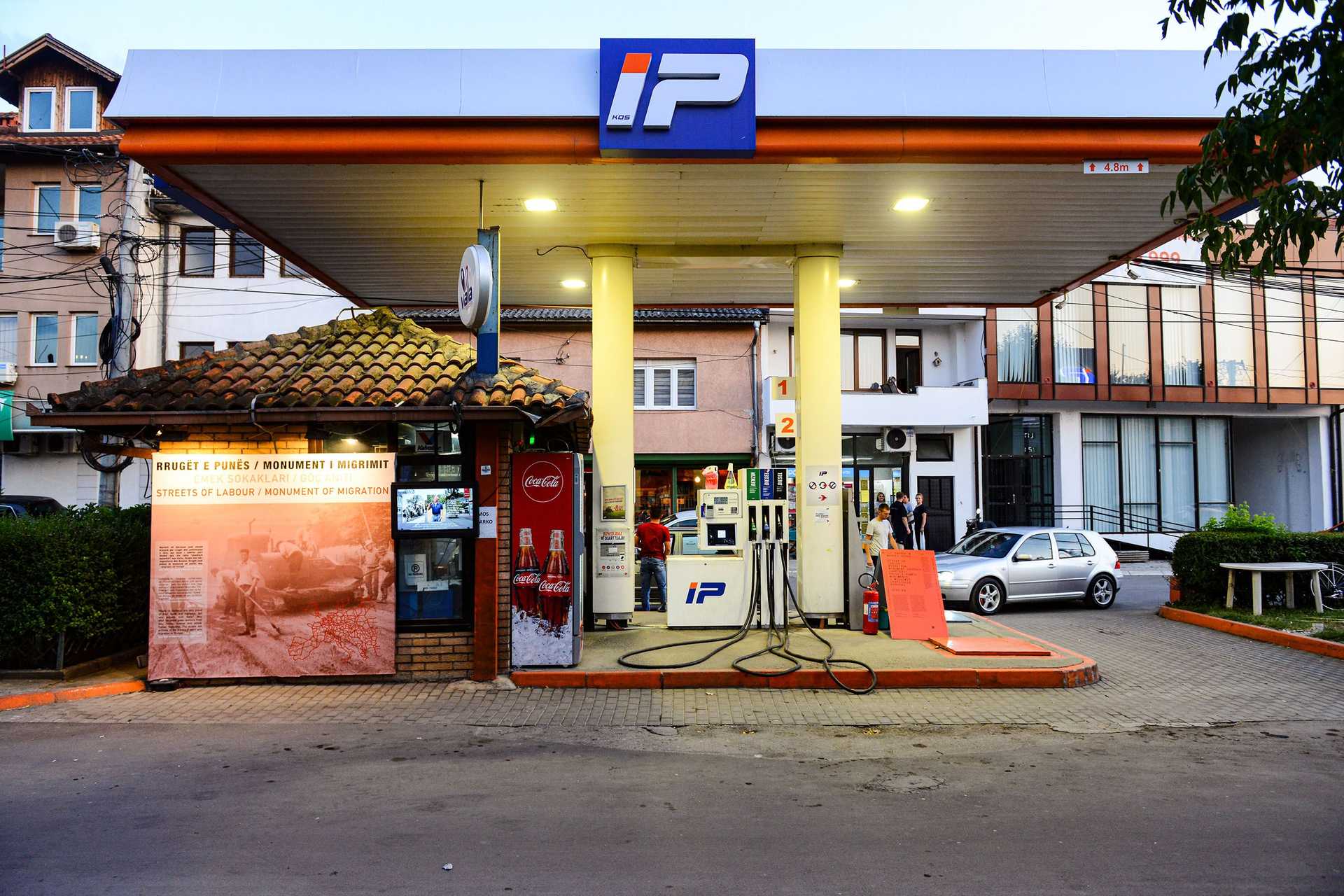
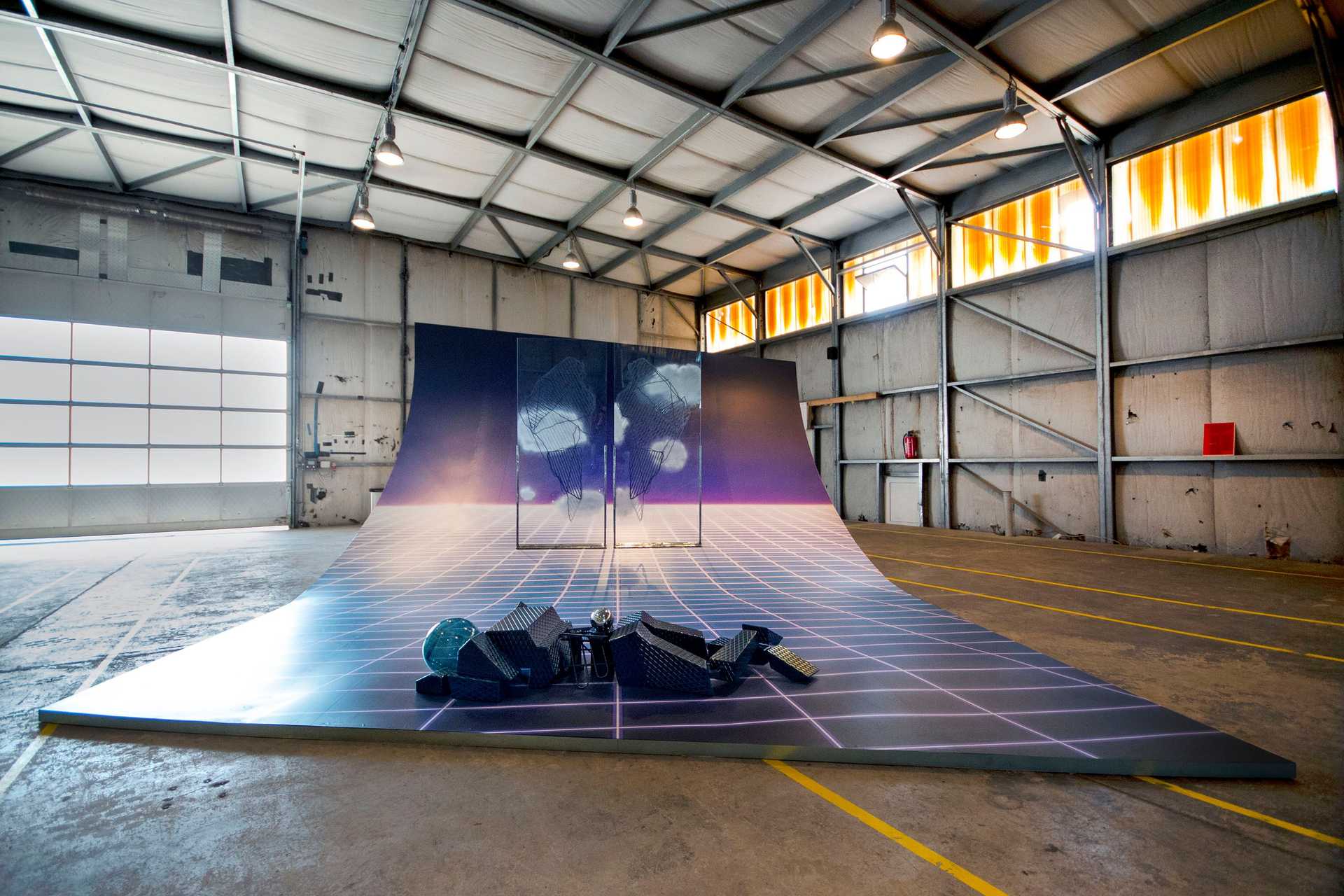
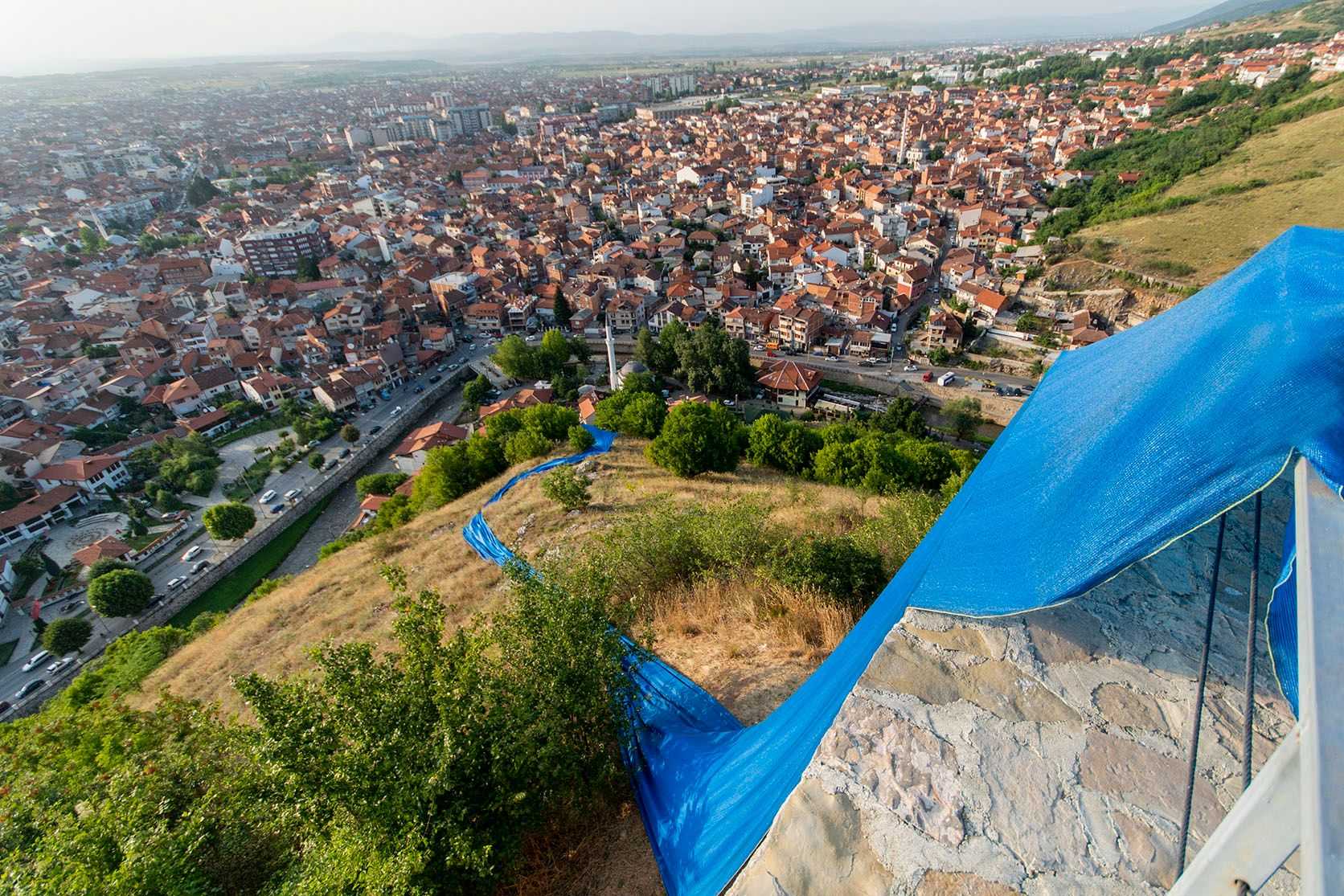
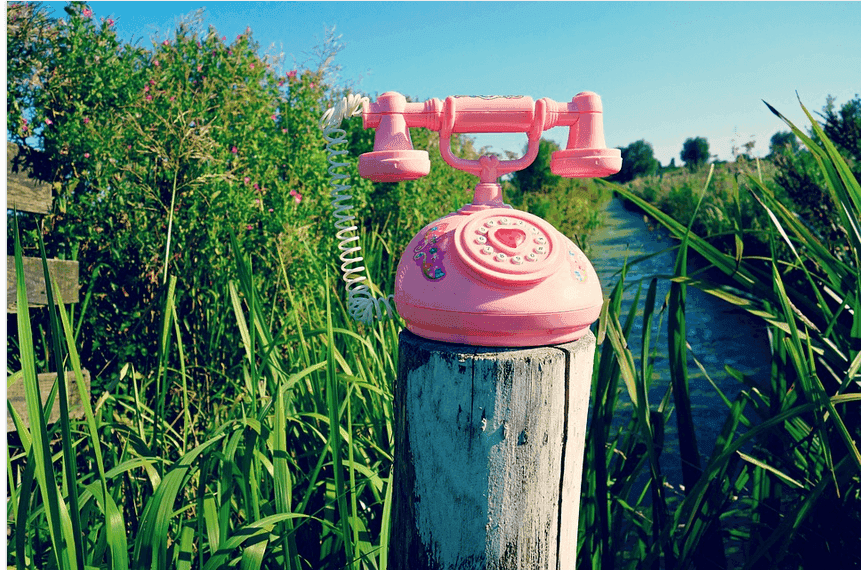
Climate Cultures Call: Our Grantees
From eco-playwriting programs for Algerian students to building a climate justice network in Europe - Get to know our ten Climate Cultures grantees!
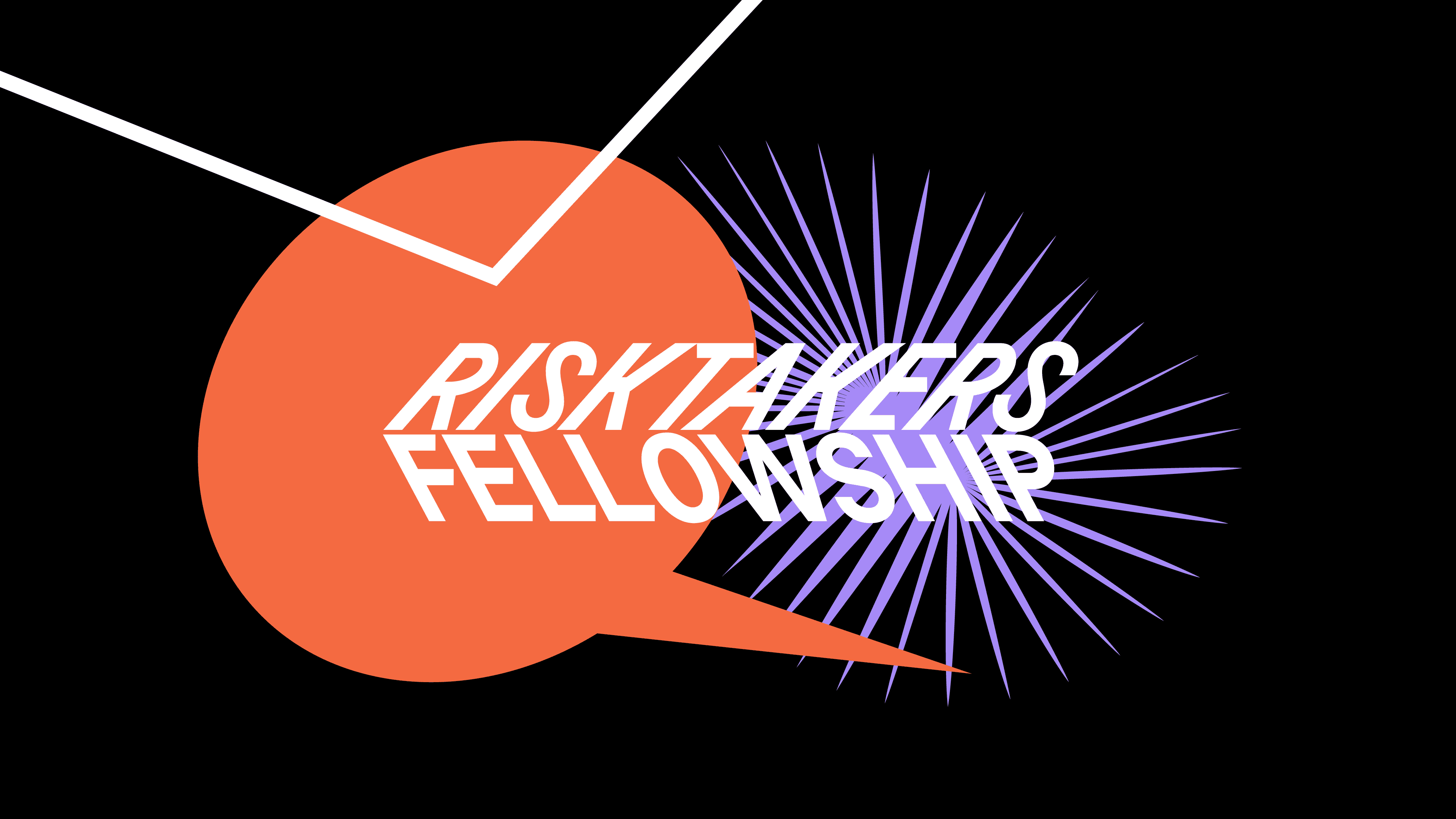
Risktakers Fellowship Call
+APPLICATION DEADLINE EXPIRED+ The fellowship aims to create spaces of hope and resilience while facing the complex crises of our time. It supports individuals who meet these crises by developing ideas for desirable futures – in the digital space and beyond. This Fellowship is a collaboration with SUPERRR LAB.
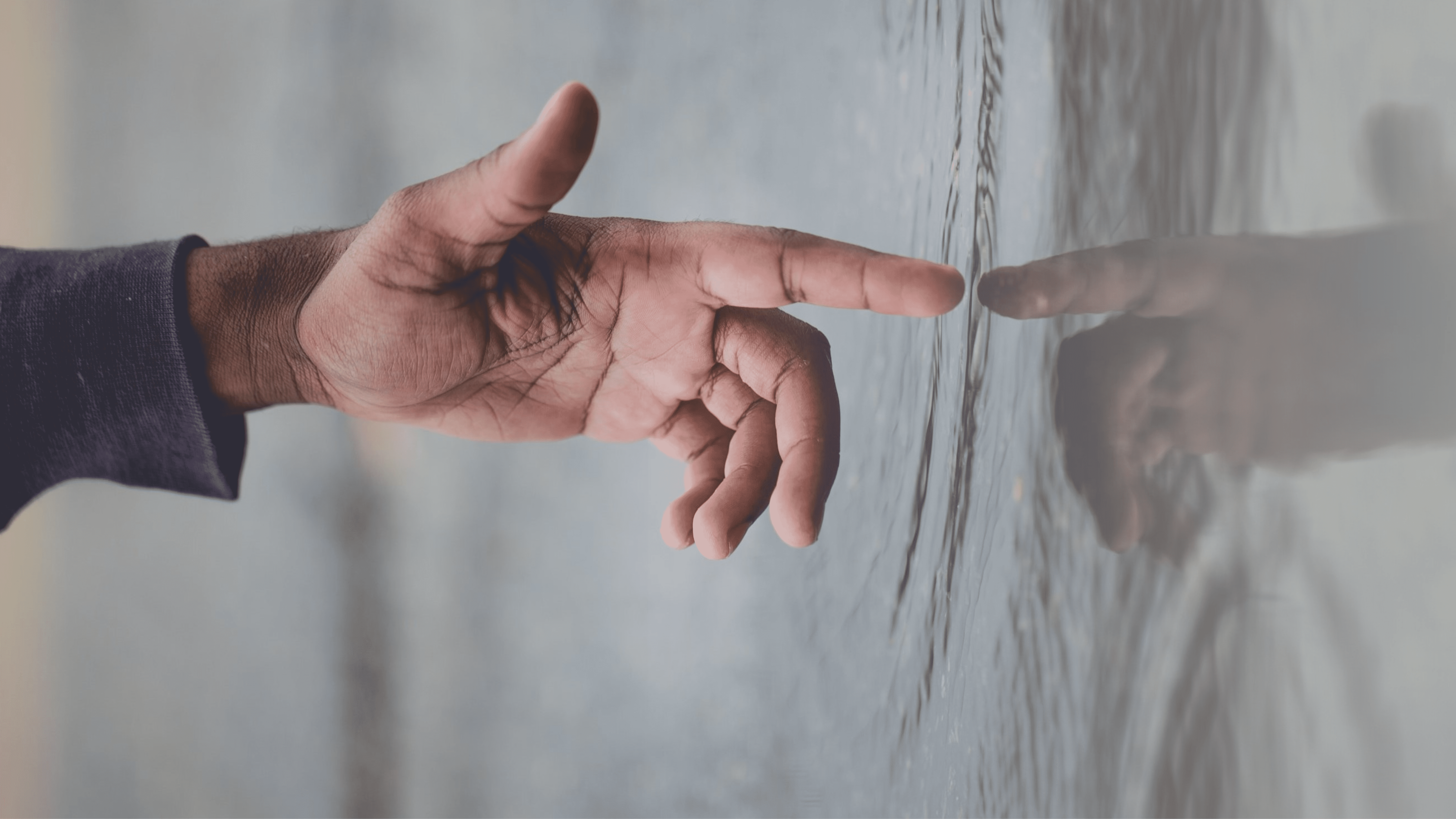
Talents for Tomorrow: Diversifying Foundations for Europe
The Allianz Foundation in Berlin and the European Cultural Foundation in Amsterdam are collaborating on a new Traineeship program focused on promoting and diversifying philanthropy with a European purpose. Throughout the 8-month pilot program, the Trainees will gain hands-on experience in one of the two Foundations.
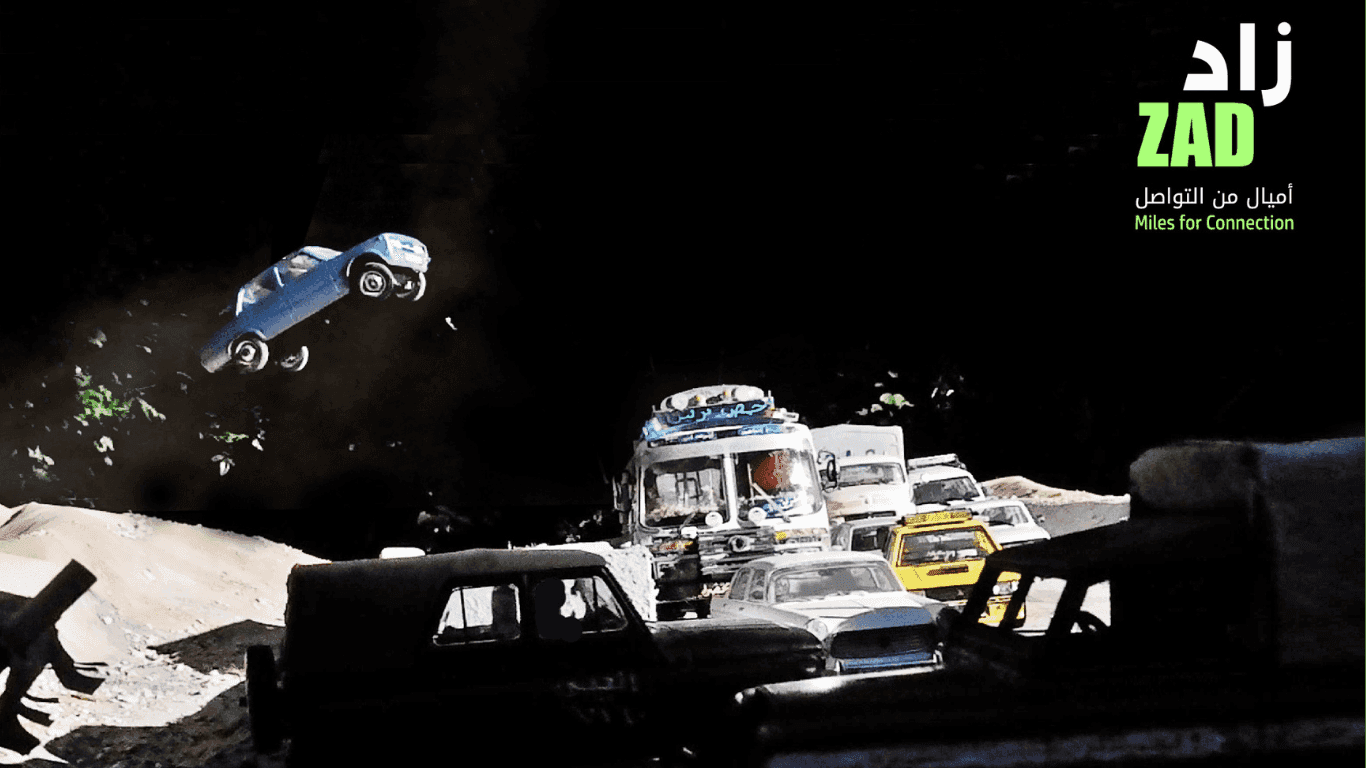
Zad: Miles for Connection
The right to freedom of movement is essential for a generation of artists who had to relocate to Europe. Zad promotes the mobility of artists, individuals, and groups by offering financial support to showcase their work in new venues. This assistance can cover travel costs within their current country or across Europe. The program is open for applications year-round.
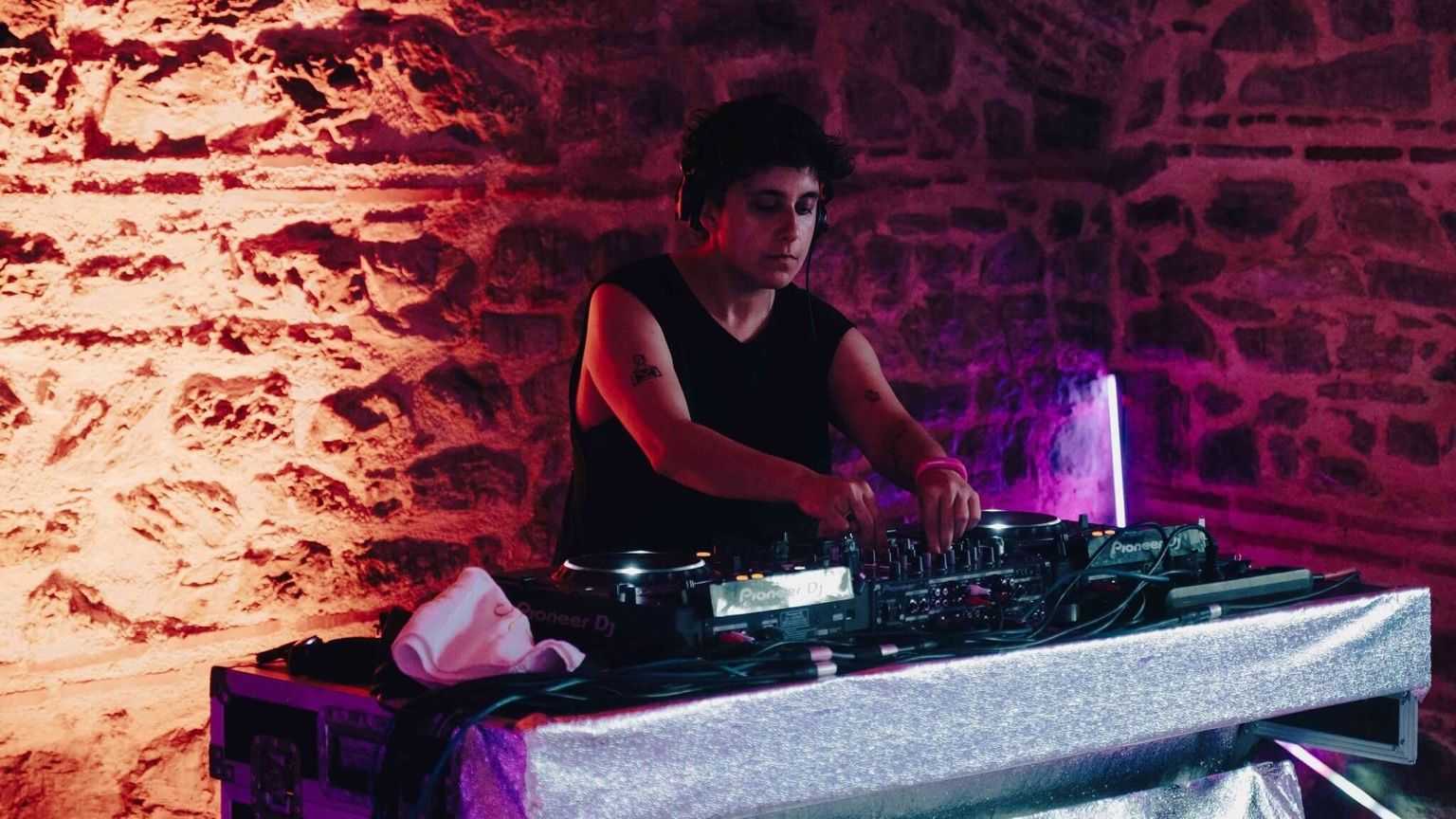
Tandem-residencies in Tarabya: nightlife as resistance
How does nightlife in Istanbul becomes an expression of identity and solidarity? In an interview, Yelta Köm and Ulya Soley reflect on their time as Tarabya fellows: from artistic research and publications to the “Sound Kitchen”. Find out what they experienced and how to apply for the fellowship.
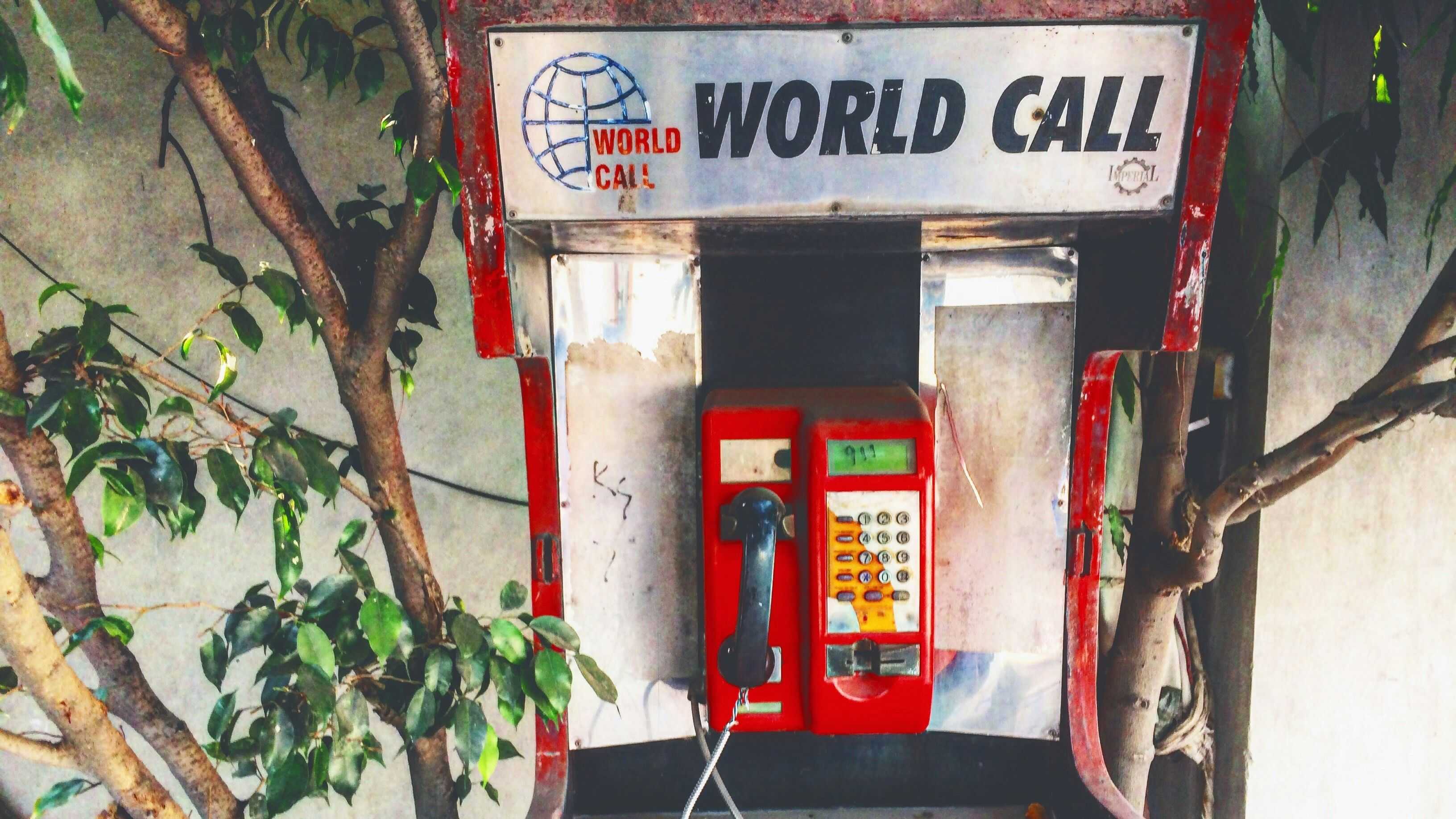
Allianz Foundation Grants Program 2025
+APPLICATION DEADLINE EXPIRED+ Allianz Foundation's 2025 funding program is now open for applications. We support initiatives with civil society, ecological, cultural and artistic backgrounds. We place a special emphasis on projects working at the intersection of these areas and pursuing systematic change.
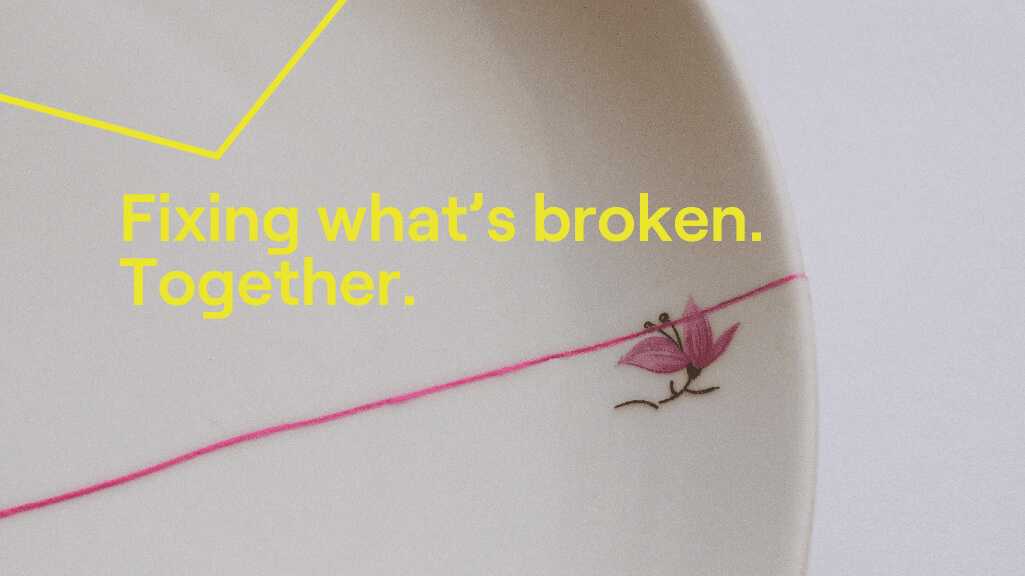
Fixing what’s broken: Our funding projects 2024
Twelve new projects in this year’s funding program – 'Fixing what's broken. Together!' – started in September. This season we are specifically supporting cooperation projects that address social divisions and ecological crises. Their work stands for solidarity, community spirit, and respect. Get to know the funded projects here.
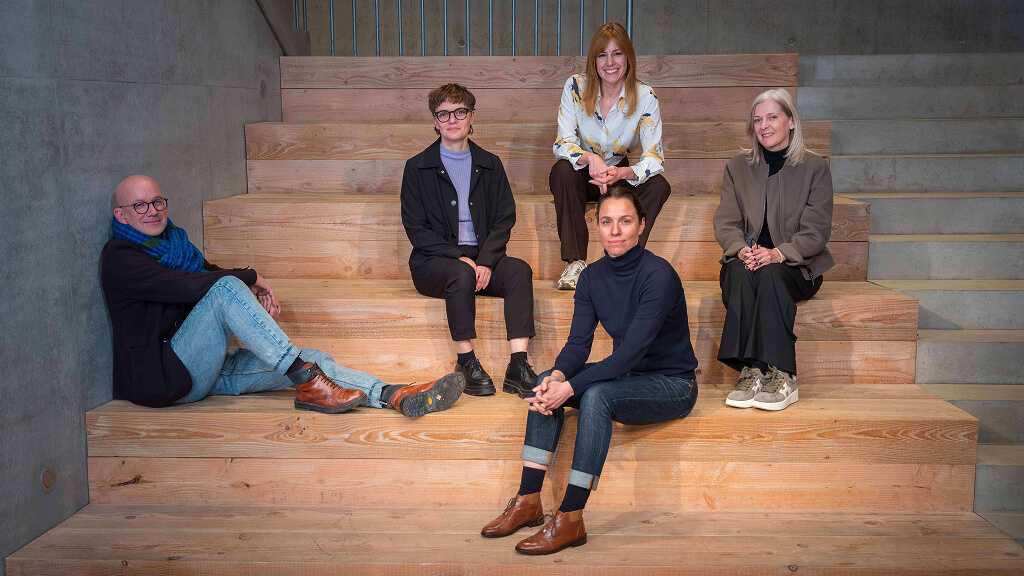
Media Forward Fund: supporting public interest journalism
Democracies require independent, long-term, and sustainably financed journalism, which is crucial for publishing trustworthy content. The Media Forward Fund was launched with this objective in July 2024. The first funding partners have now been announced.
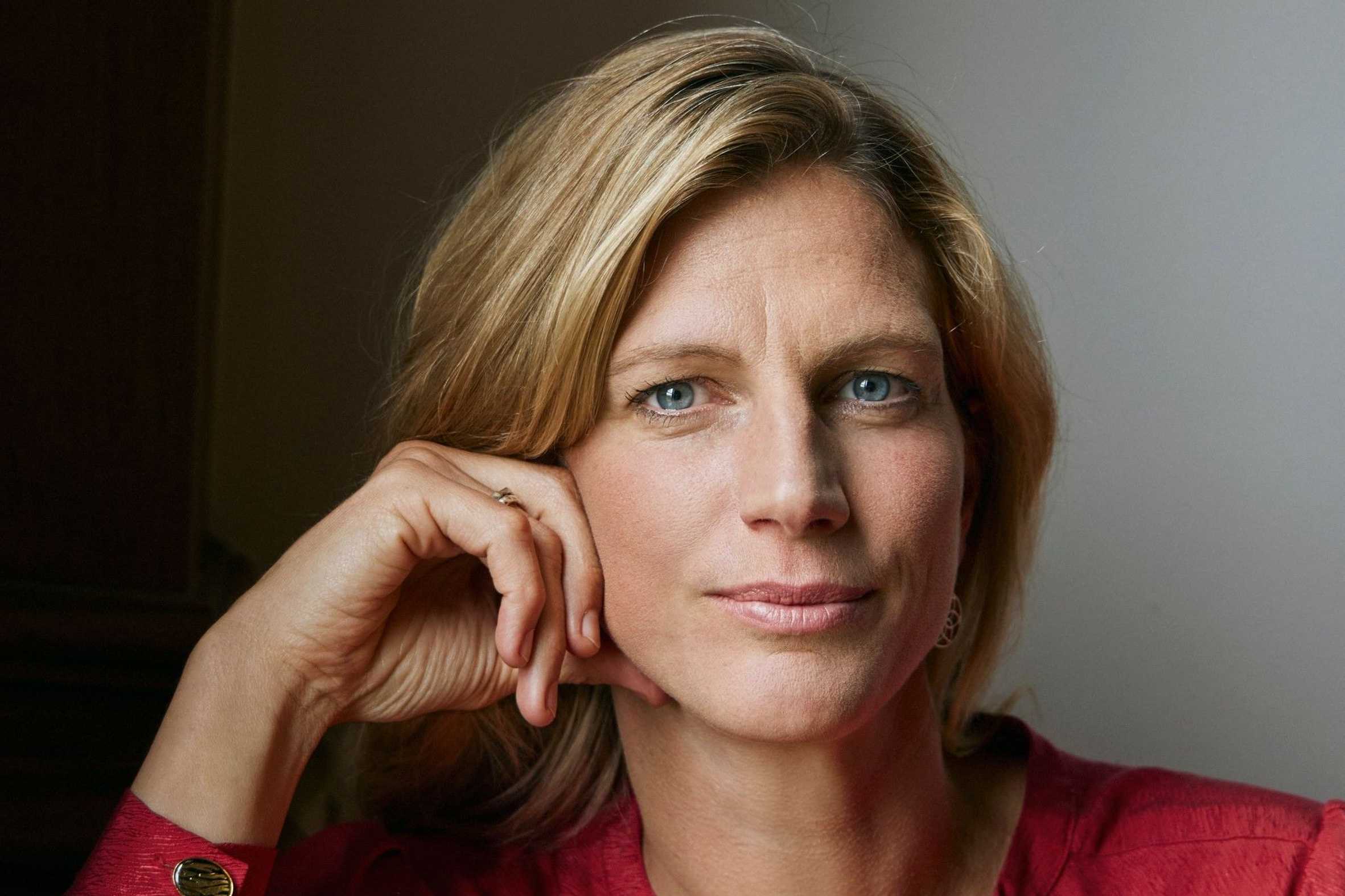
Our new fellow Maja Göpel: more courage for a future-oriented transformation
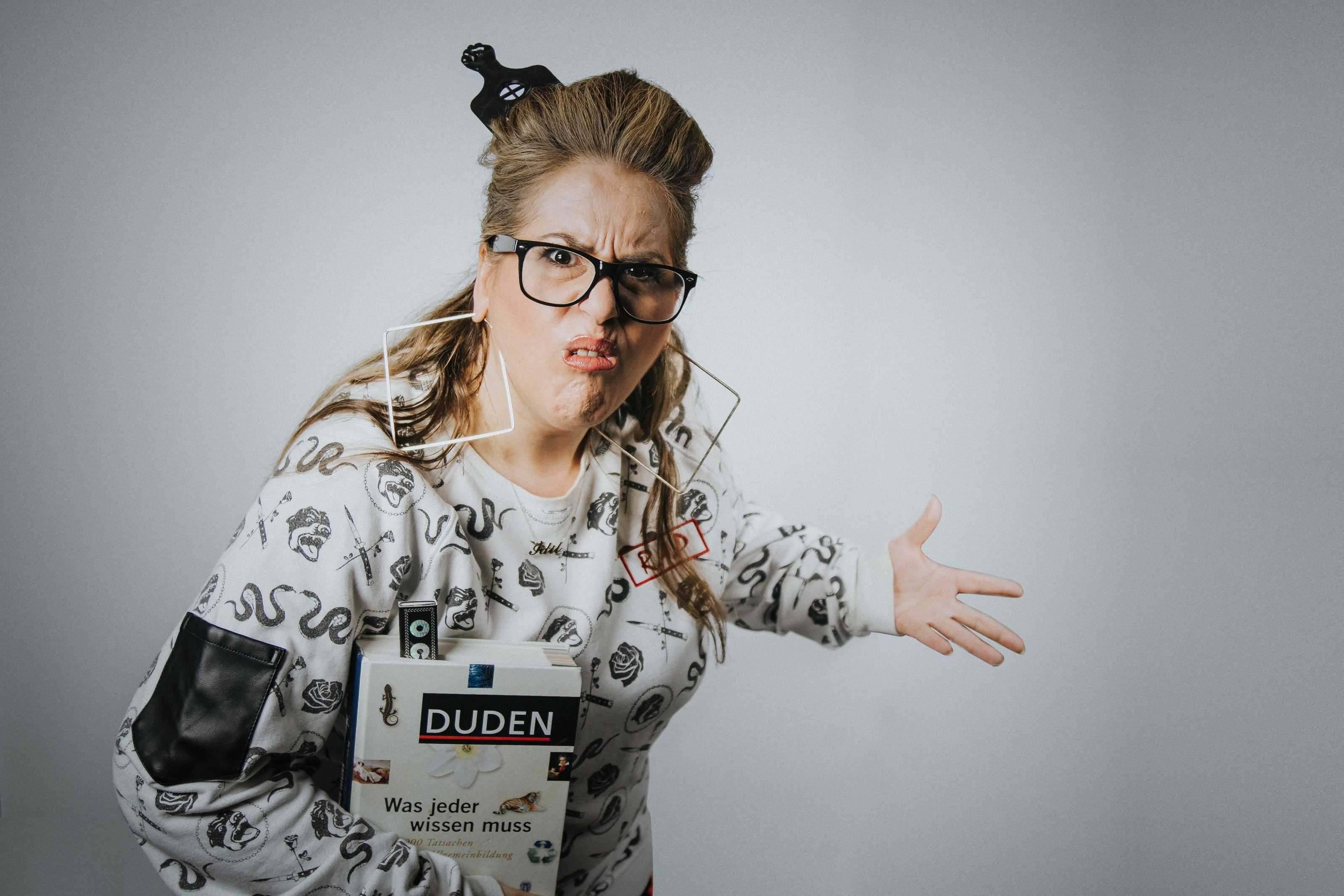
Our new fellow Idil Baydar: shatter the integration nightmare
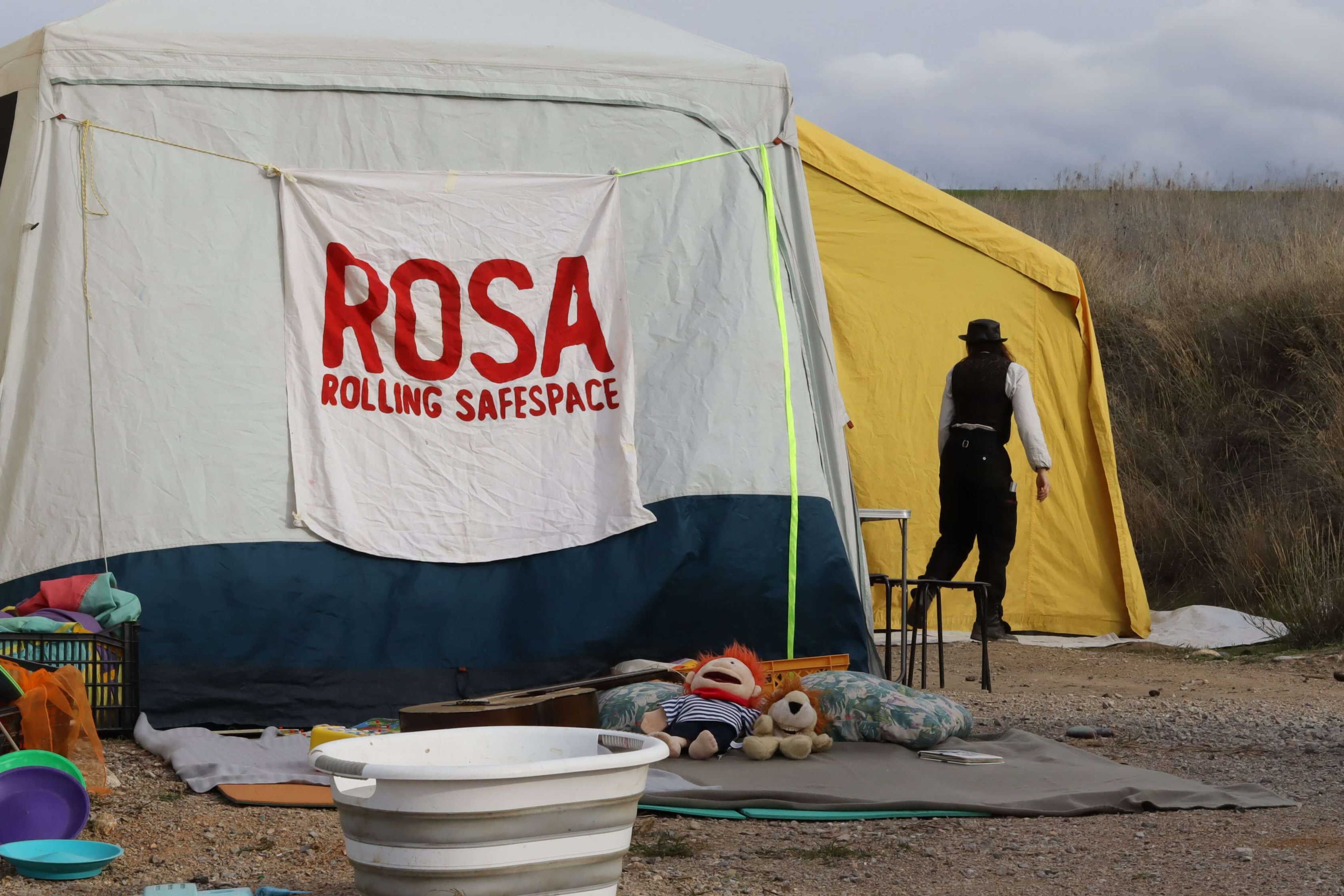
ROSA on the move: A truckload of hope for women in crisis
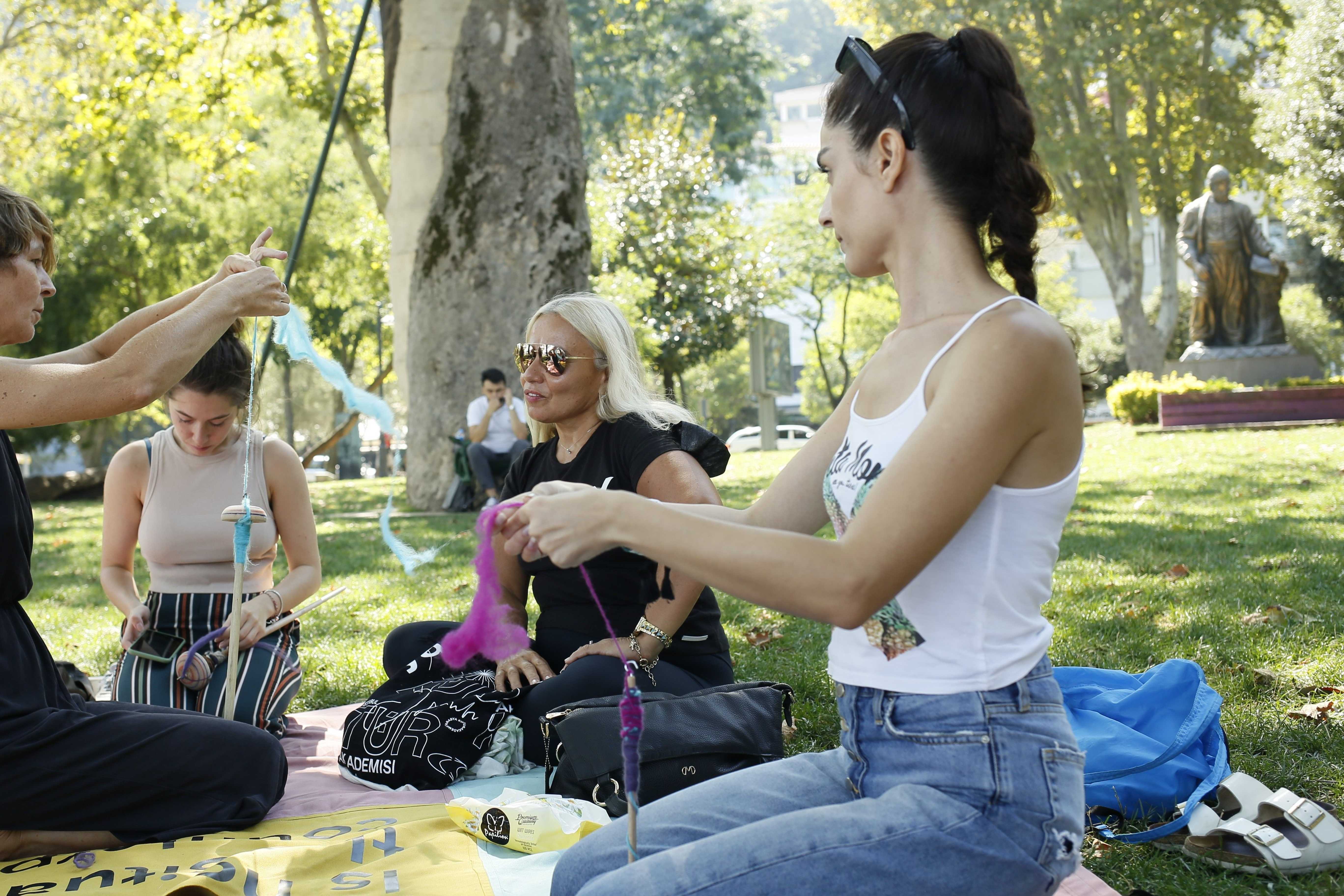
Four months in Tarabya
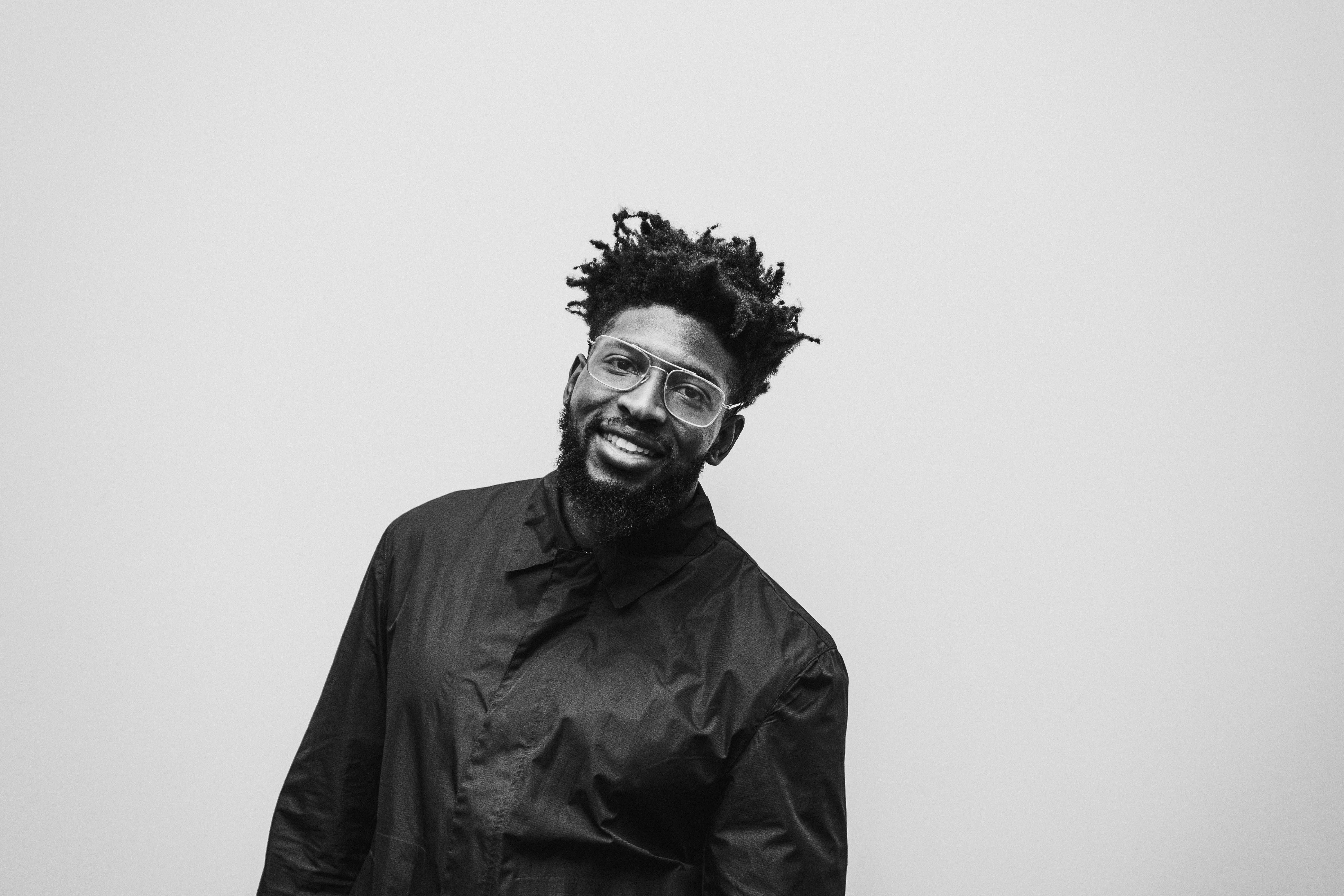
Our new fellow Makan Fofana: the mastermind of Turfurism
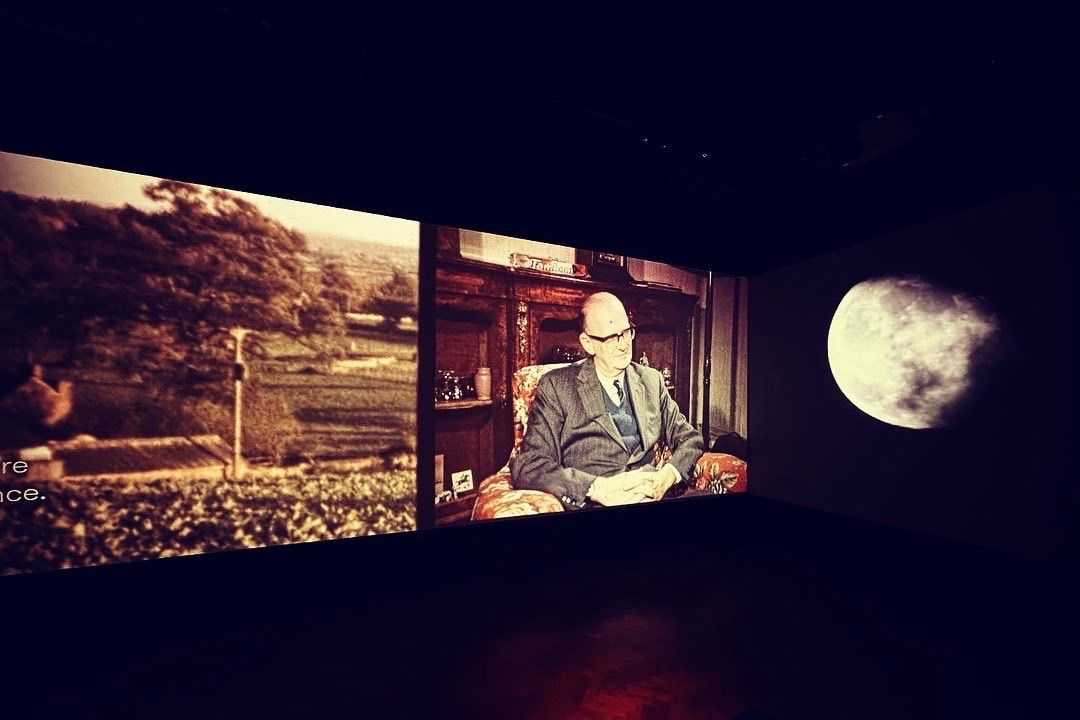
Radical Ecology: Supporting climate justice through creative practice
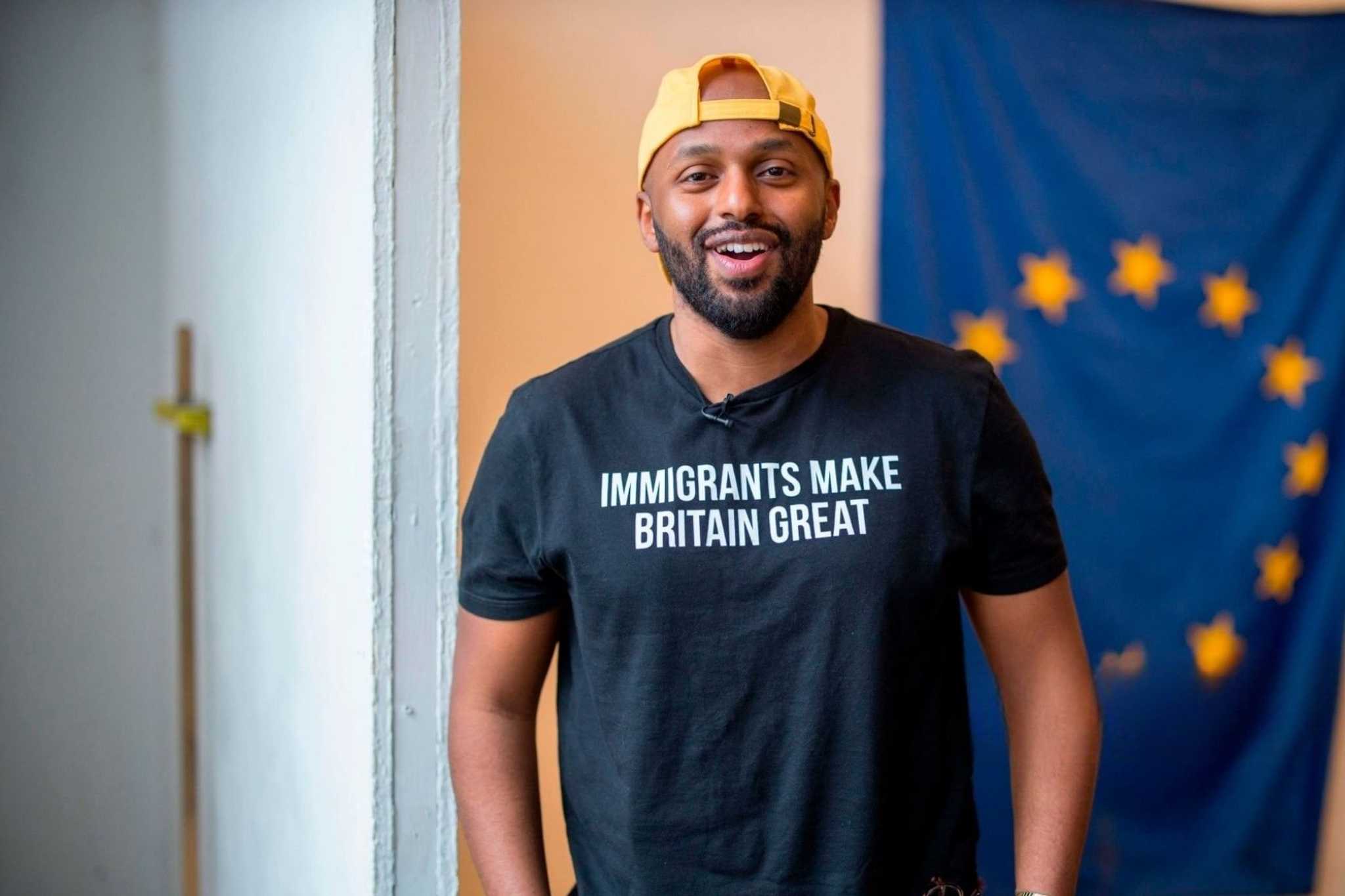
Magid Magid reflects on: Allianz Foundation Next Generations Study 2023

Visiting Umoja, Kenya’s women-only village
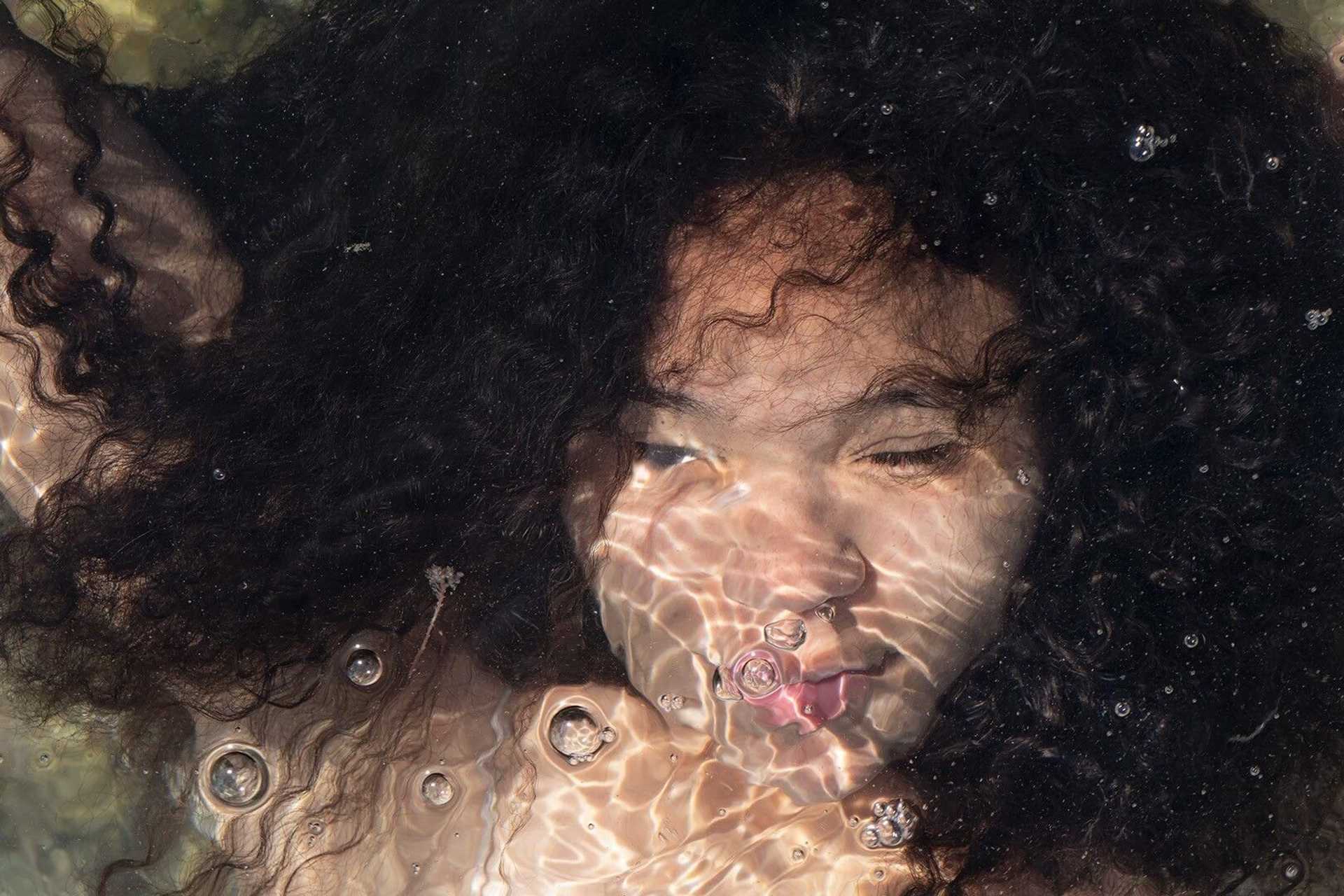
Exploring Afro-European Identities at Les Rencontres d’Arles 2024
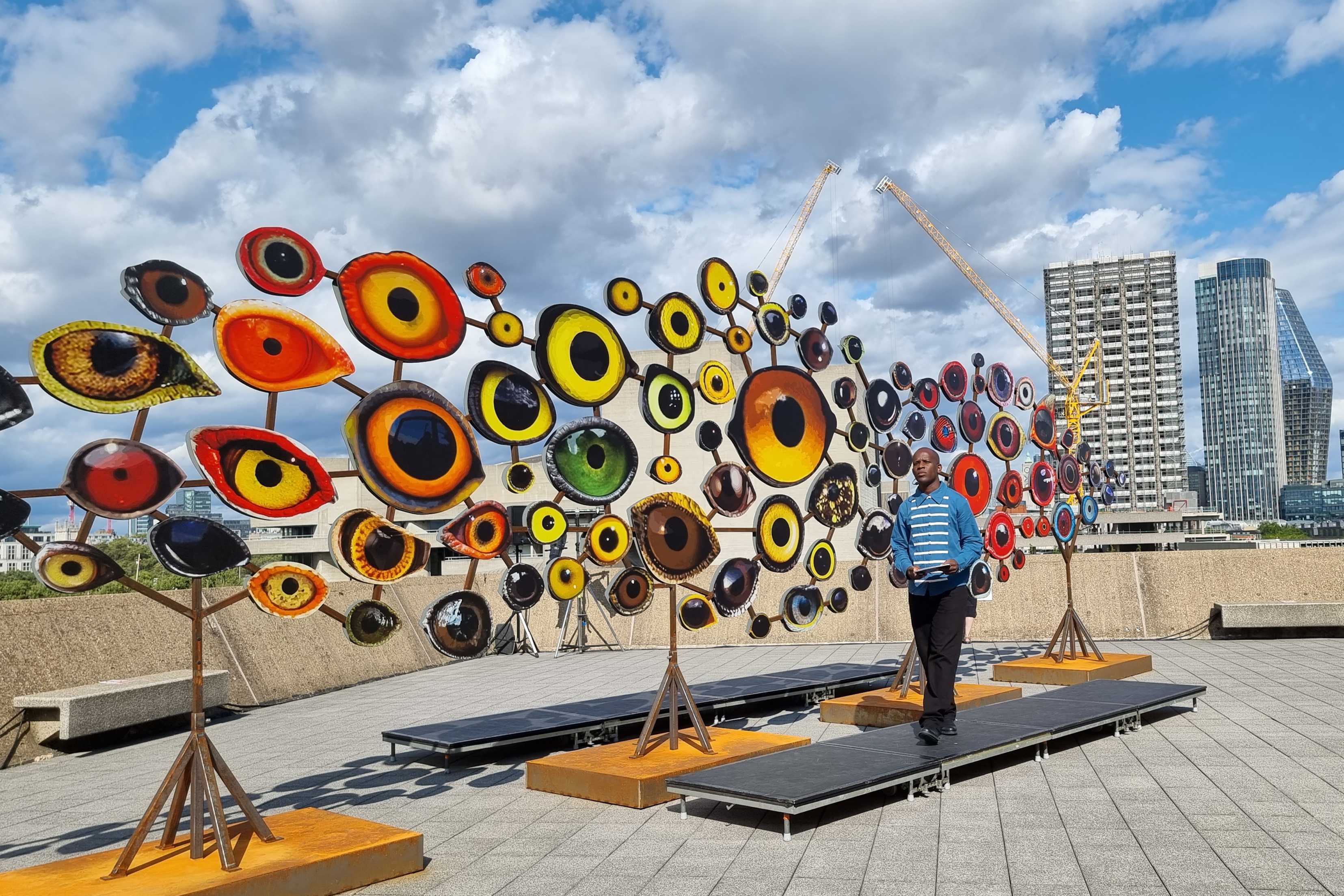
ASSEMBLED: Performance & Polling Booth of the Future
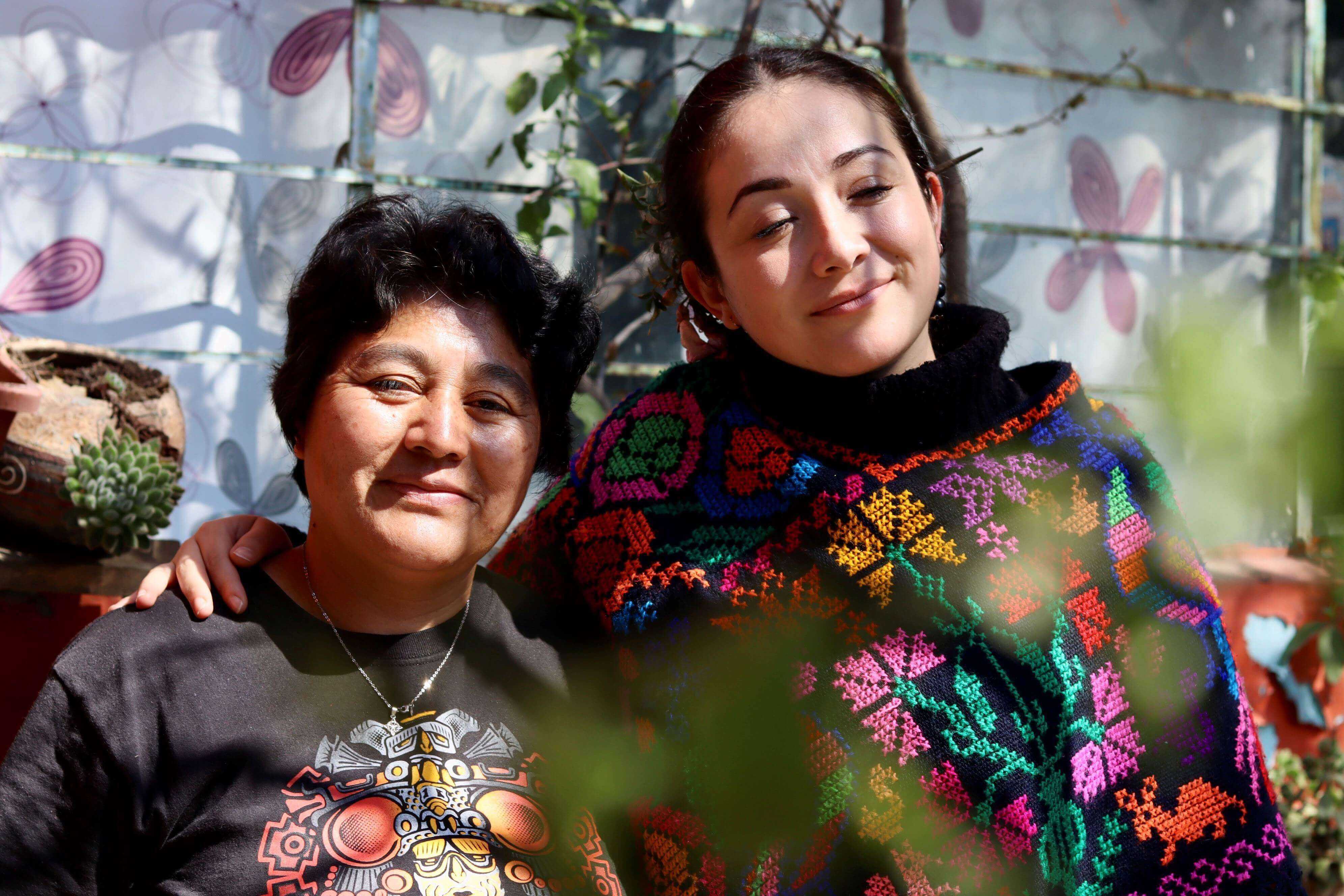
The House of Traditional Medicine Ixchel
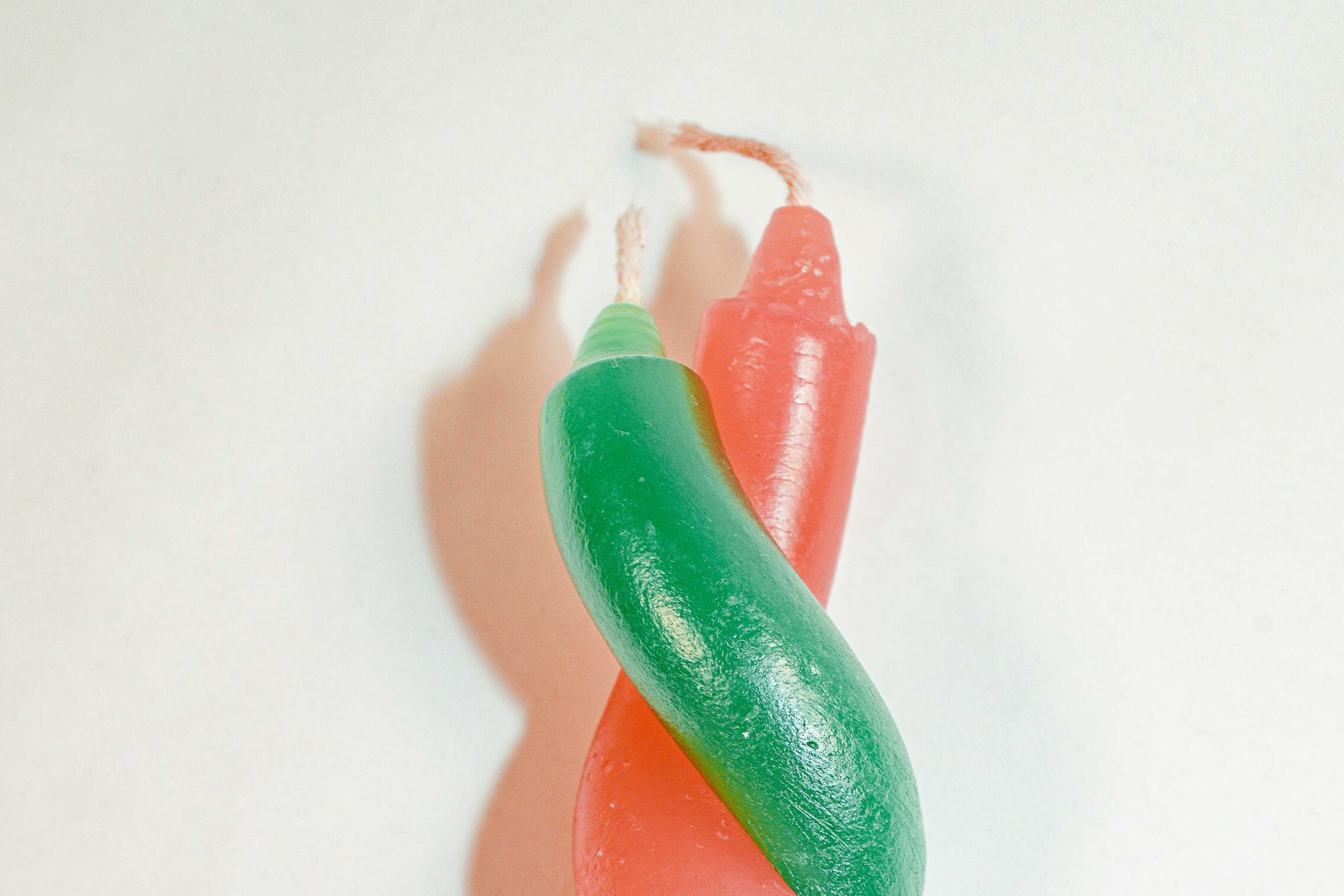
Meet our first fellows: Cohorts 2023 and 2024
